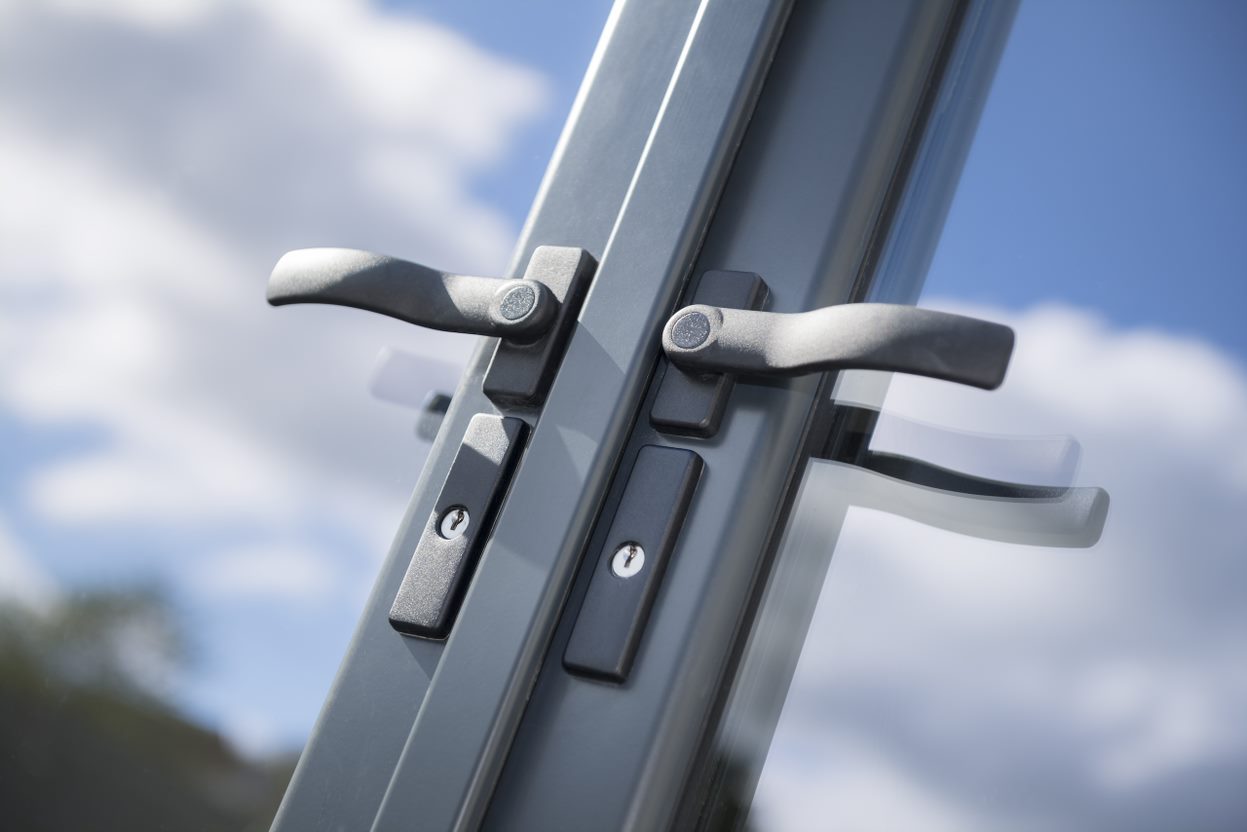15 Startling Facts About Repair A Door Handle You've Never Heard Of
Repairing a Door Handle: A Comprehensive Guide
Door handles are amongst the most frequently utilized components of any home or workplace. Nevertheless, their constant use can lead to wear and tear, leading to a malfunctioning or broken handle. Whether it's a loose handle that will not turn or an entirely removed one, fixing a door handle can often be a straightforward job that requires only fundamental tools and a little knowledge. This post will guide you through the steps associated with fixing a door handle, along with some practical FAQs.
Comprehending Common Door Handle Issues
Before diving into the repair process, it's necessary to determine common issues connected with door handles:
- Loose Handle: A handle that wobbles or turns without engaging the latch might have loose screws.
- Stuck Handle: If a door handle is hard to turn, there may be blockages within the mechanism or misalignment with the lock.
- Removed Handle: Complete detachment may arise from broken screws or a damaged handle.
- Rusty or Corroded Handle: Handles made from metal can become rusty gradually, leading to functionality issues.
Recognizing these problems will assist you identify the very best strategy for repair.
Tools and Materials Needed
To successfully repair a door handle, you'll require the following tools and products:
Tools:
- Screwdriver (flathead and Phillips)
- Allen wrench (if appropriate)
- Pliers
- Utility knife
- Cleaning up cloth
- Lubricant (e.g., WD-40)
- Replacement parts (if required)
Materials:
- Screws (if any are missing or damaged)
- New handles (if repairs are not practical)
Step-by-Step Repair Process
Action 1: Gather the Tools
Start by putting together all the essential tools and products. Having everything on hand will make the repair process smoother and more effective.
Action 2: Remove the Door Handle
Examine the Handle: Look for visible screws on the handle or the base. Lots of handles have screws hidden behind decorative plates, which may require to be pried off gently.
Loosen the Handle: Using the proper screwdriver, eliminate the screws holding the handle in place.
Remove the Handle: Once the screws are gotten rid of, carefully pull the handle far from the door. If repairmywindowsanddoors is stuck due to paint or rust, carefully wiggle it back and forth or utilize an utility knife to cut the paint around its base.
Action 3: Diagnose the Problem
Upon removing the handle, inspect its elements:
- Check the screws: Ensure they are not removed or harmed.
- Examine the mechanism: Look for any visible indications of wear or obstruction.
- Examine the positioning: Ensure that the lock mechanism is lined up with the handle.
Step 4: Repair or Replace Components
Depending upon your medical diagnosis, continue as follows:
For Loose Handles:
- Tighten the screws utilizing the screwdriver. If screws are harmed, replace them with new ones.
For Stuck Handles:
- Apply lubricant to the mechanism and move the handle backward and forward to loosen any stuck parts. Ensure the alignment is proper with the lock.
For Detached Handles:
- If the handle has broken entirely, change it with a new one. Guarantee you pick a replacement that matches the existing hole pattern on your door.
For Rusty Handles:
- Use a cleaning fabric to wipe away rust and corrosion. If the handle is too worn away for repair, think about changing it completely.
Step 5: Reinstall the Door Handle
Line up the Handle: Position the handle back onto the door, making sure that it lines up with the lock mechanism.
Screw It Back In: Insert and tighten up screws to secure the handle in place. Prevent overtightening as this could remove the screws or harm the door.
Step 6: Test the Handle
Once the handle is reinstalled, evaluate its performance. Ensure it turns smoothly and engages the latch properly. If you observe any issues, repeat the pertinent repair steps.
Preventative Maintenance Tips
To prolong the life expectancy of your door handles, think about these maintenance tips:
- Regularly examine screws for tightness and retighten them as required.
- Apply lubricant to the mechanism every couple of months to avoid wear.
- Keep handles tidy and without dust and debris.
- Examine for rust or corrosion, specifically on exterior doors.
FAQs About Door Handle Repair
Q1: Can I repair a door handle without replacing it?
Yes, numerous common issues, such as loose screws or misalignment, can typically be fixed without replacement.
Q2: What type of lube should I utilize?
A general-purpose lube like WD-40 or silicone spray is effective for lubing door handle mechanisms.
Q3: How do I understand if I need a new handle?
If the handle is broken, heavily rusted, or if internal elements are beyond repair, it may be more cost-efficient to change it.
Q4: Are there various types of door handles?
Yes, there are numerous types, including lever handles, knob handles, and smart locks. Each requires a slightly different technique to repair.
Q5: Is it possible to fix a handle on a sliding door?
Yes, moving doors typically have unique systems. Nevertheless, the basic principles of diagnosing and fixing issues apply. Speak with manufacturer standards for specific repair instructions.
Fixing a door handle might appear daunting for some, but with the right tools, materials, and understanding, it is a manageable DIY task. By following the steps outlined in this guide, individuals can effectively assess, repair, and preserve door handles, ensuring they stay functional and reliable for several years to come. Regular maintenance is important, as it prolongs the life of door handles, reduces the need for substantial repairs, and promotes a smoother operation throughout your office or home.
